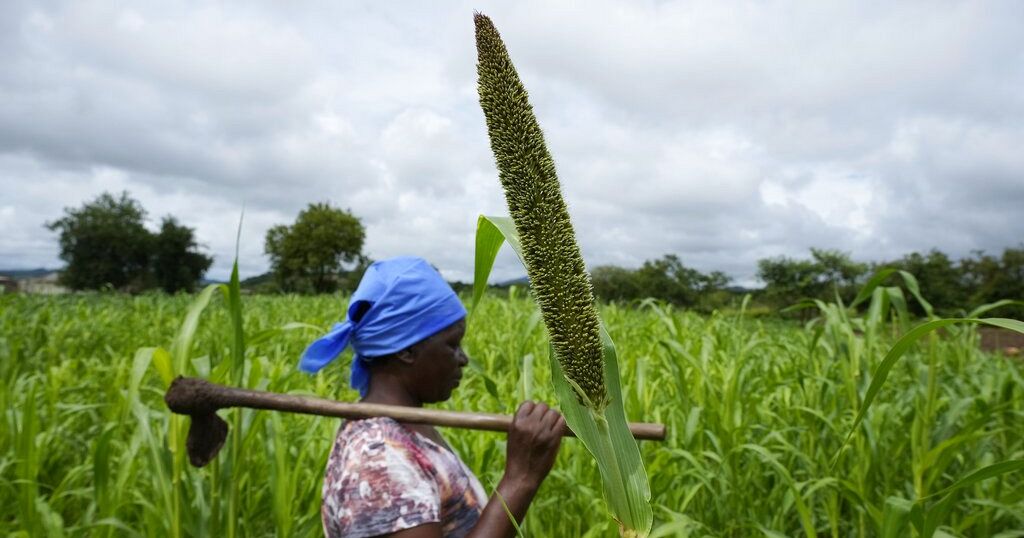
In this 13-hectare field in Fapaha, 20 km from Korhogo in northern Côte d’Ivoire, dozens of women work on their vegetable plantations. Here, onions, lettuce, cabbage and carrots are grown. It’s a similar story in Nakaha, 28 km away, where a hundred or so women from the village are also tending to their plots.
While this government-sponsored project aims to supply school canteens, it also helps to improve villagers’ lives by empowering women.
Such is the case of Nabi, whose weekly sales of 40,000f at the local market have enabled her to build her own business and send her children to school.
“When we harvest, some of the produce is sold, and sometimes I earn 40,000f or more at the sales. This money helps my household when I’m in difficulty with my husband, we have to help each other out thanks to this money. Thanks to the money we earn, we can cover certain expenses, including our children’s schooling,” said Soro Koulatchor Nabi, resident of Nakaha.
Thanks to this school canteen project, the government has a system that not only enables women to feed themselves thanks to the plots, to save seeds, but also to sell their harvests, thus building up an economy. A total of 6395 tonnes of food will be distributed in 2023, with a forecast of 6651 tonnes in 2024.
“The women who have been identified and who work regularly in these groups have had their lives changed. The fruit of their production is divided into 3 large parts, one part reserved for the running of the school canteen, a large part reserved for sale, and precisely the fruit of this sale enables the women to take charge of their own lives, and becomes a personal saving for these women. Not only do these savings enable the women to take charge of their lives, they also help them to send their children to school. As for the last part, a small portion is reserved for seeds,” shared Kodema Hamadou, regional coordinator of the projet Cantines scolaires dans le Poro.
With the support of partners such as the World Food Programme, the women are made aware of the crops that are essential for their households and those intended for sale. They have formed groups in each village to ensure the success of the project.
“They have even found that, with all the advice and support WFP provides, they are better able to differentiate between nutritious and less nutritious crops. They are also able to set up IGA activities to enable them to meet the needs of their households,” added Tanou Aboubakar, Assistant of the programme bureau PAM of Korhogo.
Thanks to this program, 39,000 children benefit from a hot meal a day out of a total of 141 schools in the Poro region, with Korhogo as its capital. In Côte d’Ivoire, 613 schools benefit from the project.
Read More: World News | Entertainment News | Celeb News
African News









